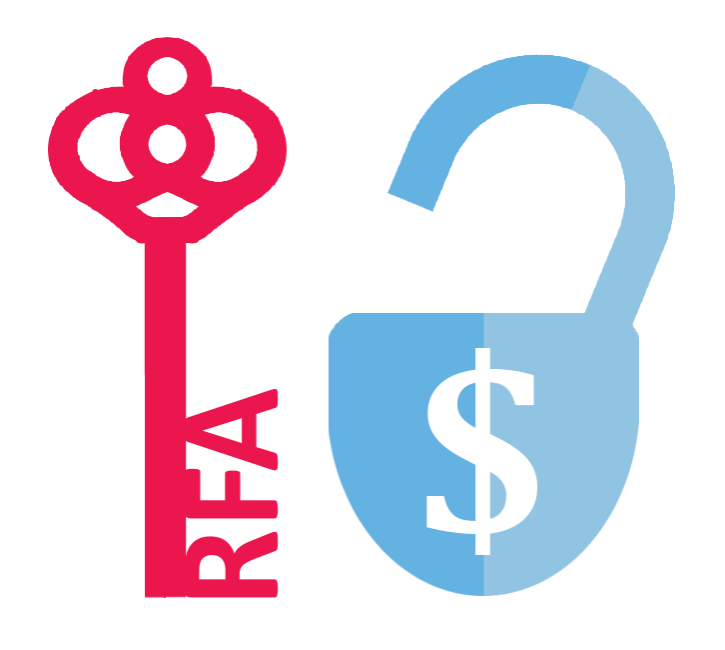Are You Billing for Missed Work Comp Appointments?

You should be.
A provider’s time may be their most valuable resource. The complexity of workers’ comp billing drains an absurd amount of that time, decreasing the return on investment for treating injured workers. When a provider reserves their time for an appointment (and any related preparation), that time should be compensable whether the patient shows up or not.
All providers should establish a written cancellation policy for workers’ comp patients and have the insurer’s claims administrator sign it. This protect the provider’s time, and their bottom line.
DaisyBill clients often ask how a provider can obtain reimbursement for the time and resources set aside to treat a patient who didn’t show up. This is especially urgent for medical-legal doctors, who routinely reserve significant blocks of time for record review and medical-legal evaluation. The lost time from missed appointments can mean considerable lost revenue.
Usually, our clients are hoping the answer lies hidden somewhere in the unpublished and ever-changing labyrinth of codes that are the Official Medical Fee Schedule (OMFS) and the Medical-Legal Fee Schedules. The good news is both the Physician Fee Schedule, and the Medical-Legal Fee Schedules provide California-specific codes for missed appointments: WC012 and ML-100, respectively.
The bad news? Reimbursement for both codes is $0.00.
According to the California Code of Regulations (CCR), both WC012 and ML-100 are “designated for communication only. [They do] not imply that compensation is owed.” The codes are purely informational, designed to let the insurer know the patient missed the appointment. Valuable information for the claims administrator, but worth precisely bupkis for the provider’s bottom line.
So what’s a provider to do? Accept that they’re out of luck when work comp patients no-show? Absolutely not.
Many providers establish a missed appointment billing policy that specifies a fee for missed appointments codes ML-100 (for medical-legal providers) or WC012 (for non medical-legal). Upon scheduling a new patient, the staff for these providers:
- Faxes the missed appointment policy to the claims administrator,
- requests the claims administrator to acknowledge the policy by signing and faxing the policy back to the provider, and
- submits the signed missed appointment policy if a workers’ comp patient misses their appointment.
By signing the missed appointment policy, the provider establishes a contract with the insurer outside of the fee schedule. The provider’s time, and the value it represents, is thus acknowledged by the insurer and protected.
Negotiation of missed appointment fees is specifically allowed by Labor Code § 5307.11 and supported by past Independent Bill Review (IBR) decisions. Consider IBR case number CB14-0000052, in which the provider was denied payment for a missed appointment specifically based on the following rationale:
“Although the provider was not notified of the cancellation of the original visit prior to 8/6/2013 and the missed appointment was billed as code ML-100, there is no fee allowance for missed appointments. The medical legal code ML100 is for communication purposes and does not imply a fee is owed. A fee for missed appointments may be negotiated or agreed-upon prior to the medical legal evaluation. A written agreement between the parties was not submitted as part of the documentation. There is no reimbursement recommended for the build medical legal code ML100.”
Securing payment for missed appointments does require some extra effort, but making that effort benefits both the individual provider and the work comp field generally. When all providers insist on compensation for their valuable time, the return on investment for treating injured workers improves. That’s good for providers and patients alike.
DaisyBill’s work comp billing technology includes our Work Comp Wizard, which automatically calculates reimbursement based on the latest updates to the OMFS. Try the Work Comp Wizard, and see how much easier work comp billing can be.
TRY THE WORK COMP WIZARD
DaisyBill provides content as an insightful service to its readers and clients. It does not offer legal advice and cannot guarantee the accuracy or suitability of its content for a particular purpose.




